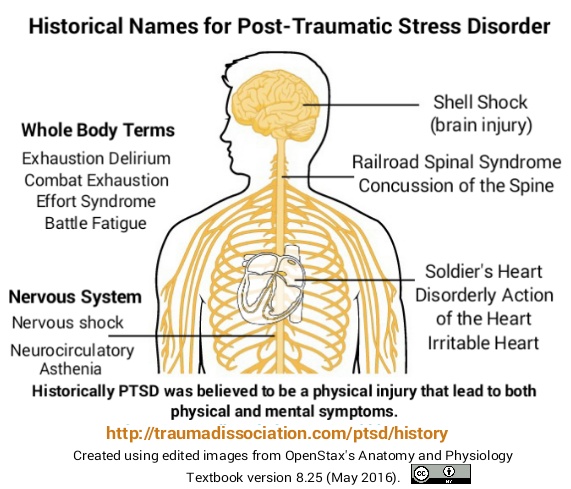Post-traumatic stress disorder (PTSD) affects individuals in profound ways, often interfering with daily routines and overall well-being. Recovery from PTSD is not linear, nor is it a solitary process. Professional support is frequently necessary to manage symptoms and work toward long-term healing. Psychiatry plays a significant part in PTSD recovery by offering evidence-based approaches and personalized care options aimed at improving quality of life.
Understanding PTSD and Its Challenges
PTSD may develop after experiencing or witnessing a traumatic event. Symptoms often fall into categories such as re-experiencing the trauma, avoidance, negative alterations in mood and cognition, and heightened arousal. These symptoms can vary in intensity and may disrupt thought patterns, relationships, and work performance. Due to these complexities, managing PTSD often requires approaches tailored to individual needs. Recovery is a process that unfolds over time. It focuses on managing symptoms effectively and finding strategies to restore stability in daily life. Psychiatry, with its range of treatments and diagnostic tools, offers a valuable pathway for individuals navigating this process.
Psychiatry and PTSD Recovery
Psychiatry provides structured and science-backed treatments designed to alleviate PTSD symptoms and support overall mental health. Treatments often include psychotherapy, medication, or a combination of both. Sessions are conducted based on the individual’s specific symptoms and circumstances, allowing for care that is focused and effective.
Psychotherapies like cognitive-behavioral therapy (CBT) and eye movement desensitization and reprocessing (EMDR) are widely used. They help individuals explore their thoughts and feelings related to trauma and develop coping techniques. Medications, such as selective serotonin reuptake inhibitors (SSRIs), are sometimes prescribed to manage symptoms like anxiety and insomnia. Both methods are grounded in research and offer practical pathways for symptom management.
Personalized Care and Treatment Plans
PTSD affects everyone differently, so personalized care is beneficial for recovery. Here are the key components of a tailored approach:
- Individualized Assessment: Psychiatry focuses on understanding each person’s unique challenges and needs.
- Symptom-Specific Focus: Treatment plans can be designed to target specific PTSD symptoms.
- Addressing Co-Existing Conditions: Tailored care includes managing any additional mental health or medical conditions.
- Preference-Based Therapies: Patients’ preferences for specific therapies are taken into account to achieve better outcomes.
- Comprehensive Approach: Customized plans provide a holistic path to recovery.
- Patient-Psychiatrist Collaboration: Ongoing communication helps set achievable goals and adjust treatments as needed.
Available Support and Accessible Resources
For individuals seeking help, accessing resources and support networks can play a role in recovery. Clinicians within psychiatric practices often connect patients with educational materials, peer support groups, and other tools that complement therapeutic interventions. Many practices also incorporate telepsychiatry services, which expand access to care for individuals in remote locations.
Educational resources, such as guides and workshops, can help individuals better understand their condition and the treatment process. Support groups foster a sense of shared experience among participants, which can enhance engagement in recovery strategies. With these wide-ranging tools, psychiatry helps individuals have multiple avenues for support during their recovery.
Taking the First Step Toward Healing
Recovery from PTSD requires consistent effort and the proper professional guidance. Working with a qualified psychiatrist provides access to evidence-based treatments and personalized care, both of which can lead to meaningful progress. By combining structured therapies with practical support systems, psychiatry offers individuals the tools necessary to manage their condition and improve their quality of life. If you or someone you know is living with PTSD, professional support is within reach. Take the first step by exploring available resources or connecting with a psychiatric service provider.

